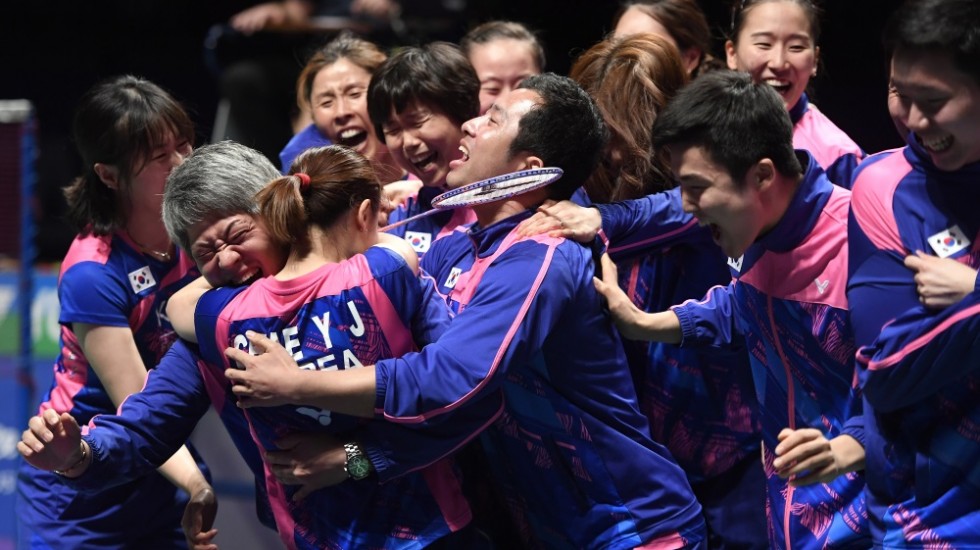
Korea Light Up Gold Coast
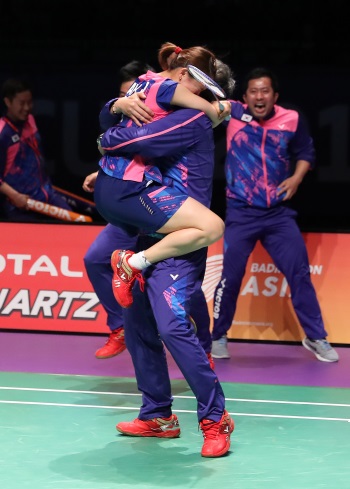 As one of the most remarkable badminton stories played out in Gold Coast yesterday, the question on most minds was – how had the Koreans done it?
As one of the most remarkable badminton stories played out in Gold Coast yesterday, the question on most minds was – how had the Koreans done it?
A team that was, on paper, the weakest of the traditional powerhouses, and with several of their great doubles stars having either retired recently or chosen to stay away, had pulled off one of the biggest surprises in badminton history. The TOTAL BWF Sudirman Cup 2017 couldn’t have hoped for a more climactic finish on its debut in Oceania.
New head coach Kang Kyung Jin had given a hint at the beginning of the tournament of what he expected of his team.
“We’re hoping to make the final,” he’d said, but few took notice. After all, there were other teams with greater depth, balance, and more crucially, experience. The Koreans had arrived in Gold Coast with a clutch of teenagers. The vehicle essentially had to move on three wheels – Son Wan Ho in Men’s Singles, Sung Ji Hyun in Women’s Singles, and Chang Ye Na/Lee So Hee in Women’s Doubles. Any other victory would be a bonus.
And yet, with Son Wan Ho unavailable for the final, it was a tribute to the Koreans’ spirit that Choi Solgyu  and Chae Yoo Jung turned the tables on the super-achieving Mixed Doubles Chinese pair, Lu Kai and Huang Yaqiong, who flailed about in a torrent of nervous errors.
and Chae Yoo Jung turned the tables on the super-achieving Mixed Doubles Chinese pair, Lu Kai and Huang Yaqiong, who flailed about in a torrent of nervous errors.
“When we started we were asked about our Men’s Doubles, and we were called a weak team, said Kang. “We tried to build our team spirit. We were in it together, and we believed we could do it.”
At the other end of the spectrum, China’s doubles coach Zhang Jun struggled to make sense of the abject collapse of their two heralded pairs.
“I think it was a combination of pressure and tiredness,” Zhang said. “Chen Qingchen played two matches in the semi-final; the second match finished quite late and there was no time to recover. We finished our team meeting only by 2am. But we decided to persist with Chen and Jia Yifan because they had good results against the Korean pair (Chang and Lee).”
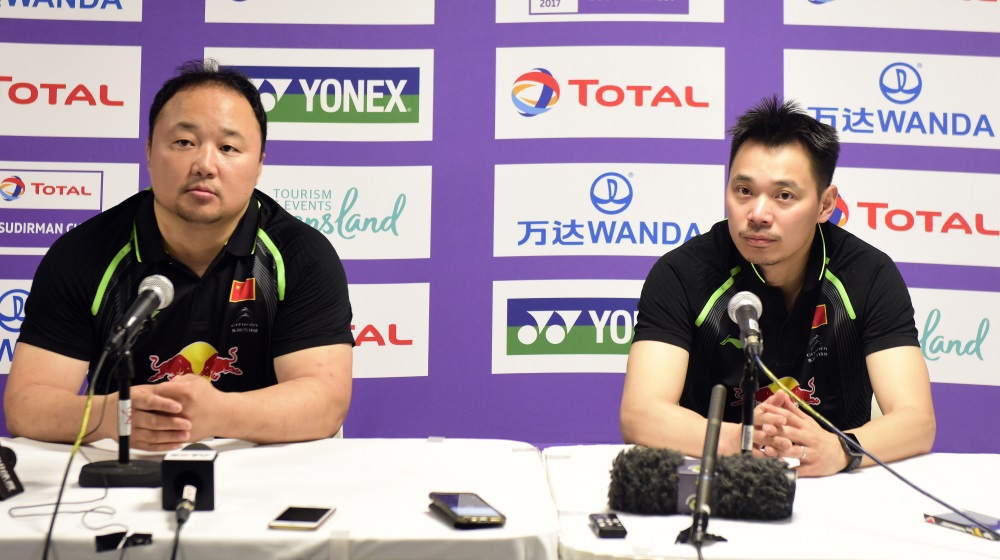
China’s singles coach Xia Xuanze sought to explain the outcome as a result of the ongoing changes in the management of the team.
“We have a new structure and a new approach, with a lot of young players,” said Xia. “We tried some new strategies. We’re facing stronger opponents than ever before. We were pushed hard in the semi-final by Japan. It’s a good thing for us, as we will motivate ourselves to work even harder.”
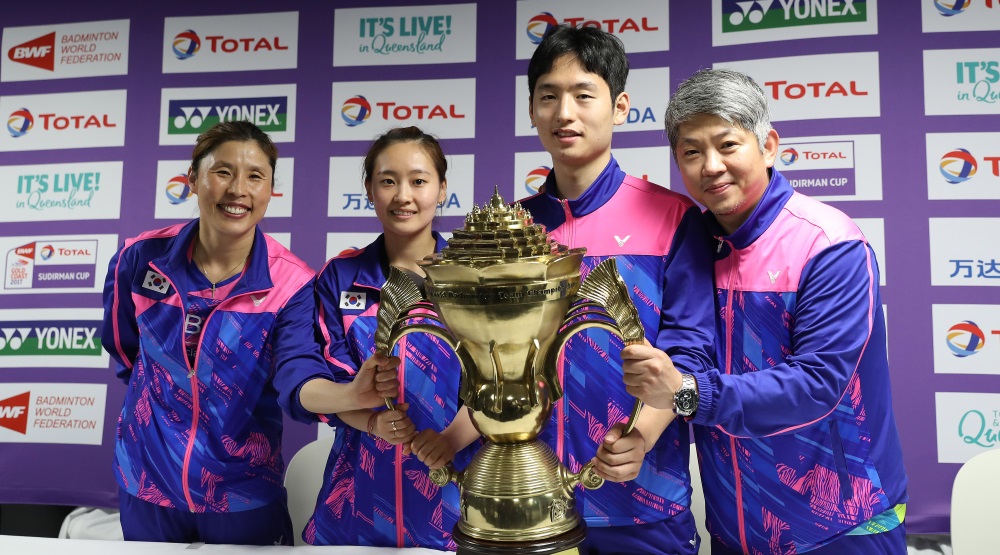
Korea’s victory of the World Mixed Team Championships after 14 years promises the start of a new chapter for the country and for world badminton. It has been long since Korea savoured success in a team event, or even in multiple categories at the World Superseries or BWF World Championships. Head coach Kang and his team got the best possible start they could have hoped for with a young squad.
“This is a miracle,” Kang said. “Perhaps we will get more attention and more funding now. This can be a turning point for Korean badminton.”
Sudirman Cup News
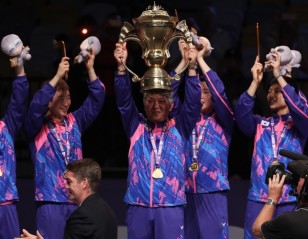
‘Seoul’ Satisfying! – Final: TOTAL BWF Sudirman Cup 2017 28 May 2017
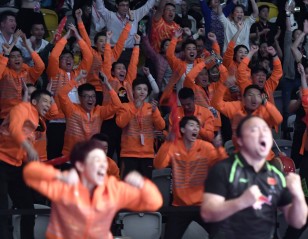
Steely Survival – Day 7 (Session 2): TOTAL BWF Sudirman Cup 2017 28 May 2017
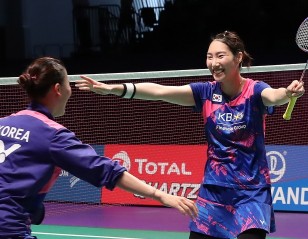
Korea Storm into Final – Day 7 (Session 1): TOTAL BWF Sudirman... 27 May 2017
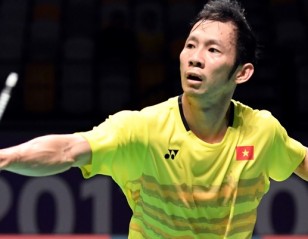
‘Vietnam Vet’ Shines – Day 6 (Session 2): TOTAL BWF Sudirman Cup... 26 May 2017
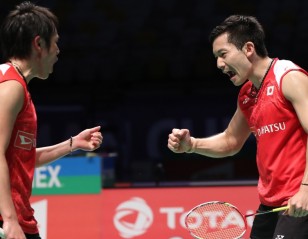
China, Japan to Face Off – Day 6 (Session 1): TOTAL BWF... 26 May 2017
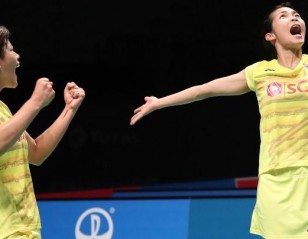
Triumphant ‘Thai-tans’! – Day 5 (Session 2): TOTAL BWF Sudirman Cup 2017 25 May 2017
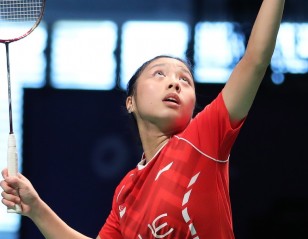
Australia Falter to Singapore – Day 5 (Session 1): TOTAL BWF Sudirman... 25 May 2017
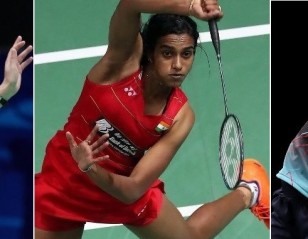
Three Women Elected to Athletes’ Commission 25 May 2017
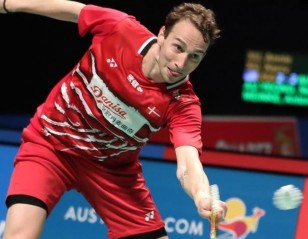
Danes Dig Deep – Day 4 (Session 2): TOTAL BWF Sudirman Cup... 24 May 2017
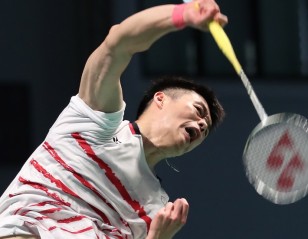
Chinese Taipei Down Korea – Day 4 (Session 1): TOTAL BWF Sudirman... 24 May 2017
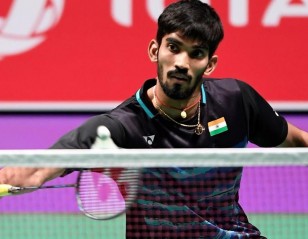
Irrepressible India! – Day 3 (Session 2): TOTAL BWF Sudirman Cup 2017 23 May 2017
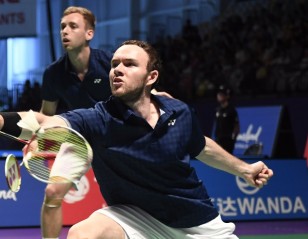
Easy for Malaysia, Scotland – Day 3 (Session 1): TOTAL BWF Sudirman... 23 May 2017
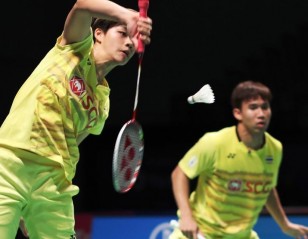
Thailand Survive – Day 2 (Session 2): TOTAL BWF Sudirman Cup 2017 22 May 2017
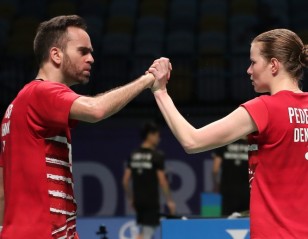
Denmark Overcome India – Day 2 (Session 1): TOTAL BWF Sudirman Cup... 22 May 2017
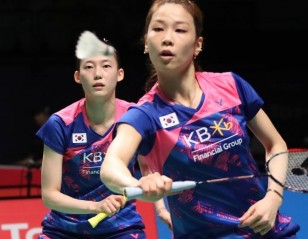
Big Guns Prevail – Day 1 (Session 2): TOTAL BWF Sudirman Cup... 21 May 2017
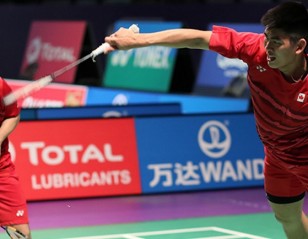
Canada Bounce Back – Day 1 (Session 1): TOTAL BWF Sudirman Cup... 21 May 2017
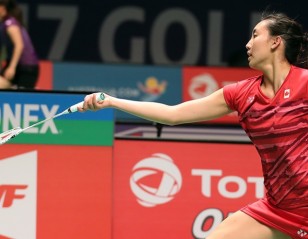
Fireworks Begin Today! 21 May 2017
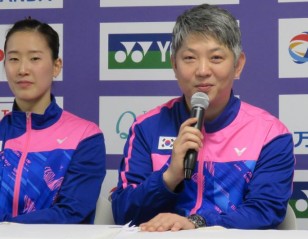
New Generals Cautious on Battle Eve 19 May 2017

BWF All Set to Go! 18 May 2017
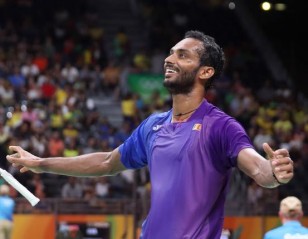
Sri Lanka Look Formidable in Group 3 18 May 2017
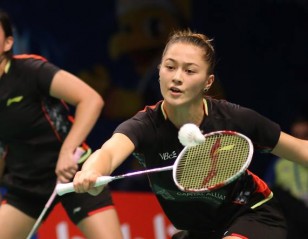
Hosts Australia Have Edge in Group 2 18 May 2017
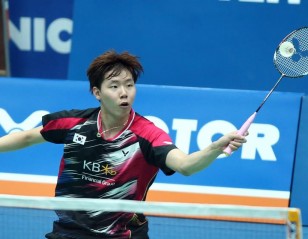
Korea Head in With Young Blood – TOTAL BWF Sudirman Cup 2017 12 May 2017

Nine Running for BWF Athletes’ Commission 11 April 2017

England Withdraws; Germany Promoted 4 April 2017
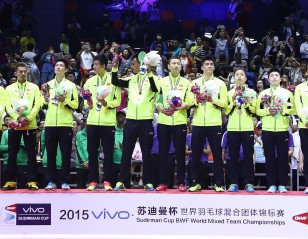
China Features Early: TOTAL BWF Sudirman Cup 2017 29 March 2017
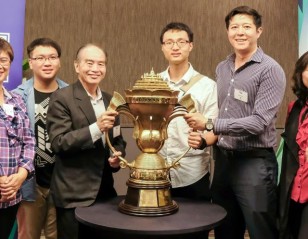
Gold Coast Toasts Sudirman Cup Draw 20 March 2017
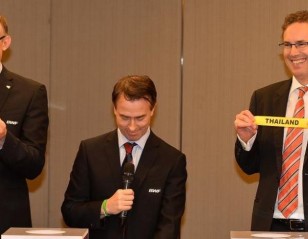
Sudirman Cup Battle Royal Beckons 17 March 2017
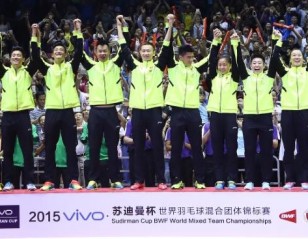
China Get Top Billing – TOTAL BWF Sudirman Cup 2017 6 March 2017

Sudirman Cup Goes South 8 February 2017
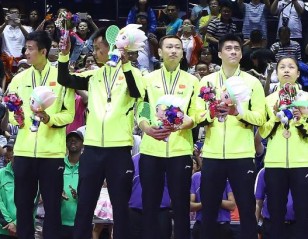
32 Teams ‘Going Gold’ 2 February 2017
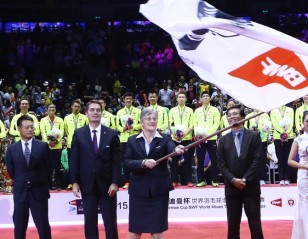
Gold Coast Beckons! 25 October 2016


































